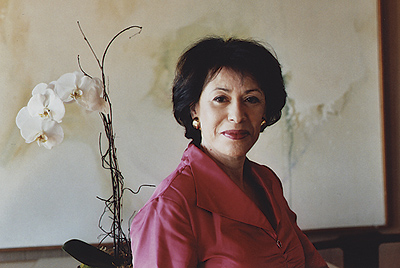
As Paula S. Fass was growing up in
Many decades later, after a lifetime of not knowing, Fass went on a search for the story of her siblings. (Her parents had both been married to other people before the war and had families who perished. They met after the war, had Fass, and came to the U.S). The fact that there was so much silence in her family about the Nazi genocide is a central theme in Fass’s new memoir, Inheriting the Holocaust: A Second Generation Memoir.
Many Holocaust survivors are now dead, but their children are finding that they, too, have been scarred by the genocide that took 6 million lives. Fass addresses how she has had to grapple with her “inherited memory.” While Fass did not suffer the deprivation and hardship of her parents, she grew up internalizing some of their pain. Their memories became her memories.

Paula Fass
I got a chance to meet Fass on Saturday Feb. 7 when she gave a presentation on her new book at a meeting of the Pen America Center West. Fass is a history professor at UC Berkeley and her main specialty is the
I also got to read from Towers of Gold at the meeting of Pen America West. I have heard about this group for years and was pleased to finally attend a meeting. Pen
The
The group appeared to be mostly in their 60s and 70s, reflecting writers who became active during the Cold War and Vietnam War era.
It’s not easy to become a member of Pen. You must have published two or more books, or one book which is of “exceptional literary merit,” which they define as having won a major national prize. No Johnny-come-lately flash in the pan authors here; just those who clearly are dedicating their lives to writing and scholarship.
But one can become an associate member, which garners many of the same privileges as a regular member, particularly for people who live on the West Coast. Recent writers who have read from their work include Sue Miller and Page Stegner.
No comments:
Post a Comment